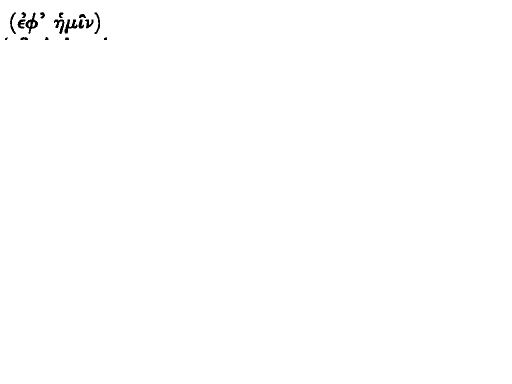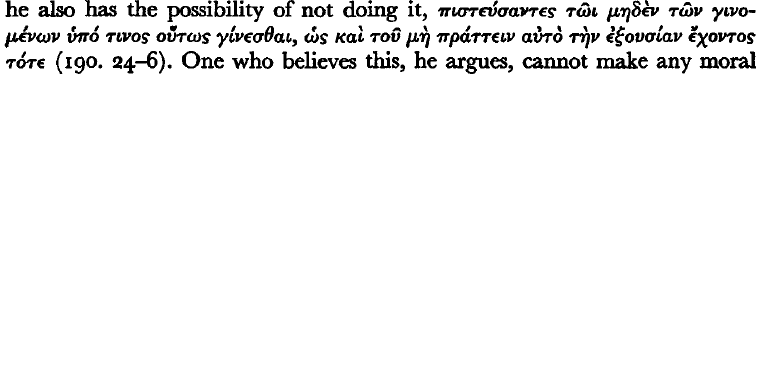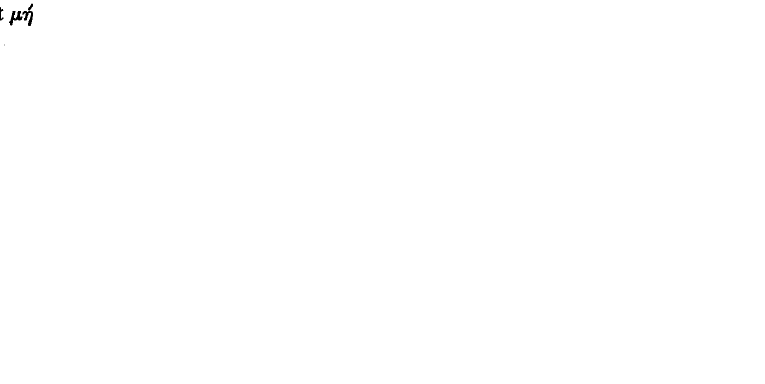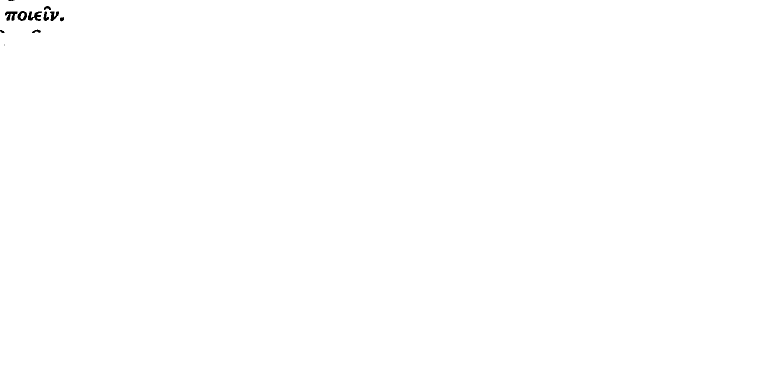No CrossRef data available.
Published online by Cambridge University Press: 11 February 2009
Alexander is arguing that our responsibility for what we do ( ) is grounded in the fact that a man is the
) is grounded in the fact that a man is the  of his own actions (cf. Aristotle, E.N. 3. 1111a21, 1112b31, etc.). The opponents of this view, he says, hold that nothing performed by a man is such that at the time when he does something he also has the possibility of not doing it,
of his own actions (cf. Aristotle, E.N. 3. 1111a21, 1112b31, etc.). The opponents of this view, he says, hold that nothing performed by a man is such that at the time when he does something he also has the possibility of not doing it,  (190. 24–6). One who believes this, he argues, cannot make any moral judgements or do any of the things ‘which ought reasonably to be brought about by those who have believed the possibility also of doing each of the things which they do’. My translation has, I hope, shown the need for a negative in the last clause: ‘the possibility also of not doing’ is the point needed; so insert
(190. 24–6). One who believes this, he argues, cannot make any moral judgements or do any of the things ‘which ought reasonably to be brought about by those who have believed the possibility also of doing each of the things which they do’. My translation has, I hope, shown the need for a negative in the last clause: ‘the possibility also of not doing’ is the point needed; so insert  between
between  and
and  . For omission of the negative elsewhere in De fato cf. 165. 1; 179. 21; 189. 6; 195. 26; 202. 12; 207. 19; 211. 18.
. For omission of the negative elsewhere in De fato cf. 165. 1; 179. 21; 189. 6; 195. 26; 202. 12; 207. 19; 211. 18.
1 All references are to the page and line of Ivo Bruns's edition, ‘Alexandri Aphrodisiensis Scripta minora’: Supplementum Aristotelicum ii. 2 (Berlin Academy, 1892).